Digestive Enzymes Celiac Disease
Digestive enzymes celiac disease. A digestive enzyme called dipeptidyl peptidase IV also abbreviated DPP-IV is able to break down casein and gluten. Digestive enzymes in general can naturally promote the bodys ability to break down food and absorb nutrients efficiently. Enzyme supplementation plays an integral role in the management of various digestive disorders particularly with regard to exocrine pancreatic insufficiency.
The enzymes promote a healthy digestive tract and reduce the risk of additional gastrointestinal diseases such as colon cancer and diverticular disease. CeD is triggered and maintained by the ingestion of gluten proteins from wheat and related grains. Consumers explore a variety of products that improve their health and well-being.
It presents a wide spectrum of clinical manifestations ranging from minor symptoms to mild or severe malabsorption and it may be associated with a wide variety of autoimmune diseases. Gluten-Digesting Enzymes Followers 0 Reviewed and edited by a celiac disease expert. If you eat fast food processed food or cooked food you may need supplemental digestive enzymes to assist in the digestion of these enzyme deficient foods.
For gluten intolerance enzymes may provide some support. Digestive enzymes can balance the bacteria in the colon and reduce the symptoms of Crohns. Enzymes in general have limited usefulness in people with Celiac Disease.
However application of enzymes may also be beneficial for other conditions associated with poor digestion including lactose intolerance. This means that the commercialized enzymes will not properly protect against gluten exposure to improve celiac disease symptoms. This enzyme is mainly produced by saliva and helps to break down carbohydrates and starches.
Manufacturer claims it can be used as a companion to or alternative to the Gluten-free Casein-free diet. It can naturally help digestive disorders like celiac disease and conditions like cystic fibrosis. Maltase is produced by the small intestine and aids in the.
However various researchers are investigating different forms of digestive enzymes as potential drug treatments for celiac disease so its possible we might eventually see a prescription product or even an over-the-counter product that uses these enzymes to break down gluten enough so that it doesnt affect you or at least not as badly. This is no different for people with gluten intolerance.
However application of enzymes may also be beneficial for other conditions associated with poor digestion including lactose intolerance.
Enzyme supplementation plays an integral role in the management of various digestive disorders particularly with regard to exocrine pancreatic insufficiency. This enzyme is mainly produced by saliva and helps to break down carbohydrates and starches. Researchers have discovered that processing or cooking food kills virtually all of the digestive enzymes that were once in it. Celiac disease CeD affects about 1 of most world populations. Enzymes in general have limited usefulness in people with Celiac Disease. CeD is triggered and maintained by the ingestion of gluten proteins from wheat and related grains. In a 2019 broad review of celiac disease experts continued to warn patients not to use digestive enzyme supplements on the market pointing to the results of the 2015 study. For gluten intolerance enzymes may provide some support. However application of enzymes may also be beneficial for other conditions associated with poor digestion including lactose intolerance.
However various researchers are investigating different forms of digestive enzymes as potential drug treatments for celiac disease so its possible we might eventually see a prescription product or even an over-the-counter product that uses these enzymes to break down gluten enough so that it doesnt affect you or at least not as badly. For gluten intolerance enzymes may provide some support. Enzymes in general have limited usefulness in people with Celiac Disease. Your body naturally produces several types of digestive enzymes including. Meanwhile a drug designed to treat celiac disease by closing the tight junctions between the cells in the gut is now also being evaluated as a potential drug candidate for treating acute lung injury and respiratory distress in. It presents a wide spectrum of clinical manifestations ranging from minor symptoms to mild or severe malabsorption and it may be associated with a wide variety of autoimmune diseases. While there is no evidence-based clinical research to support the use of enzymes in celiac disease some people have found relief from trialing digestive enzymes to help with symptoms such as gas and bloating related to poor digestion in general.










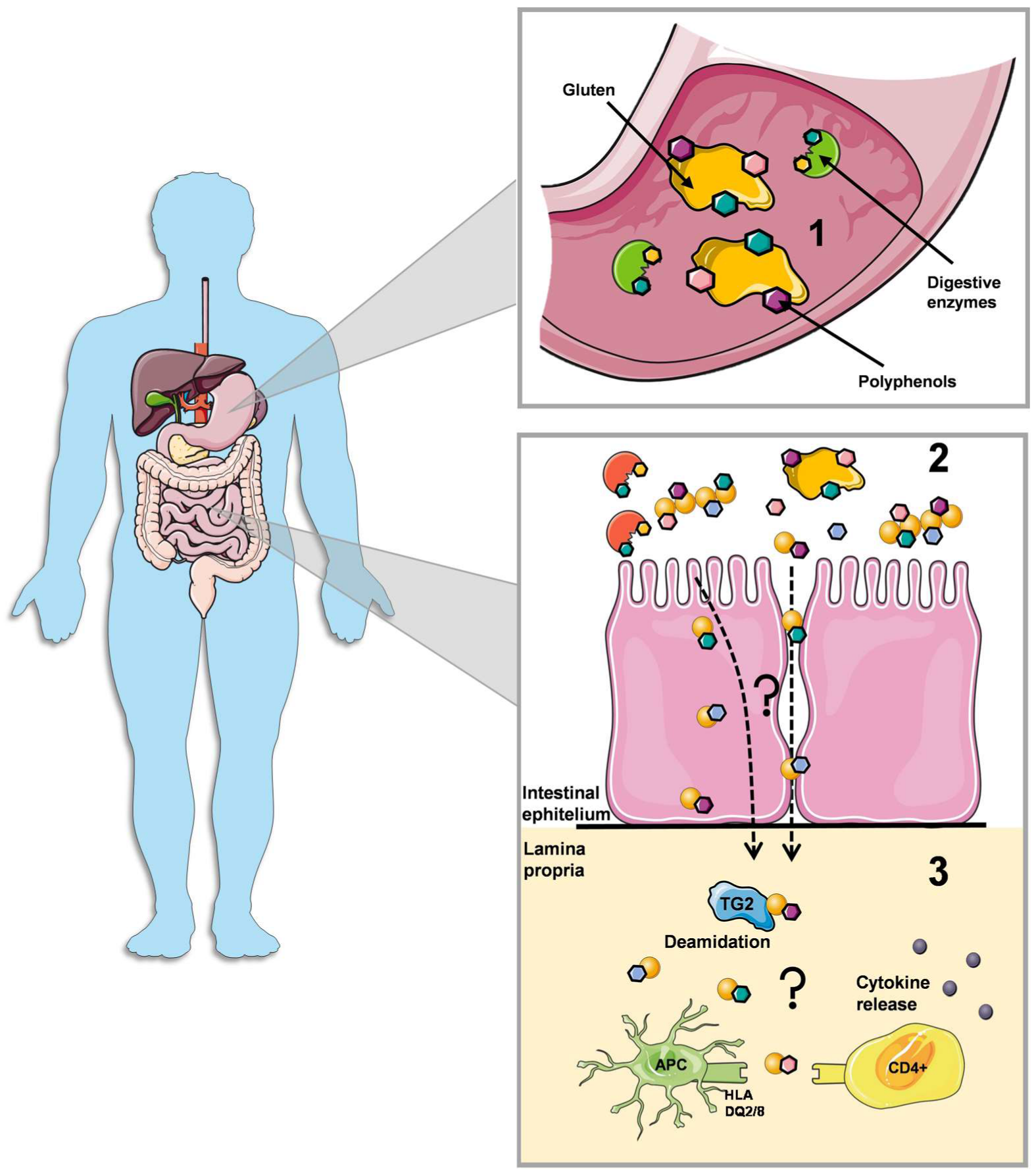
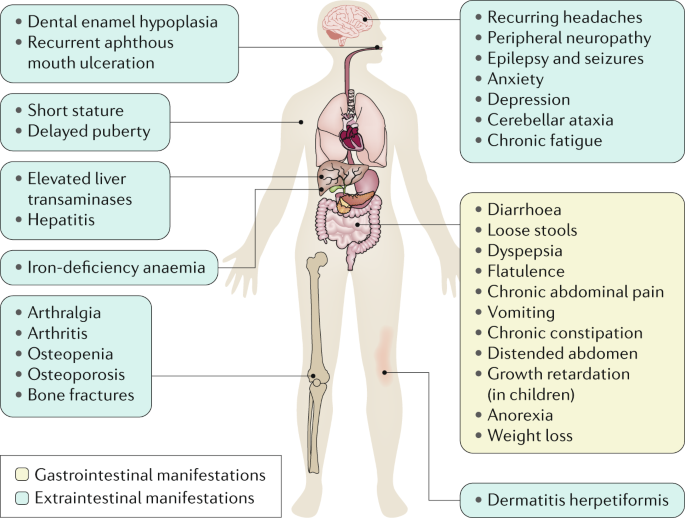






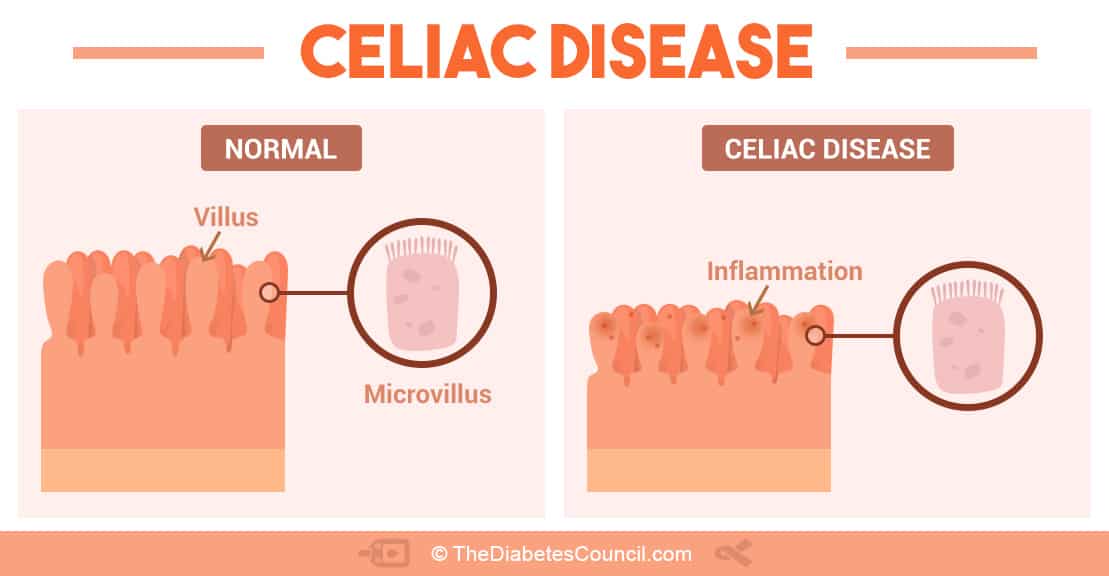

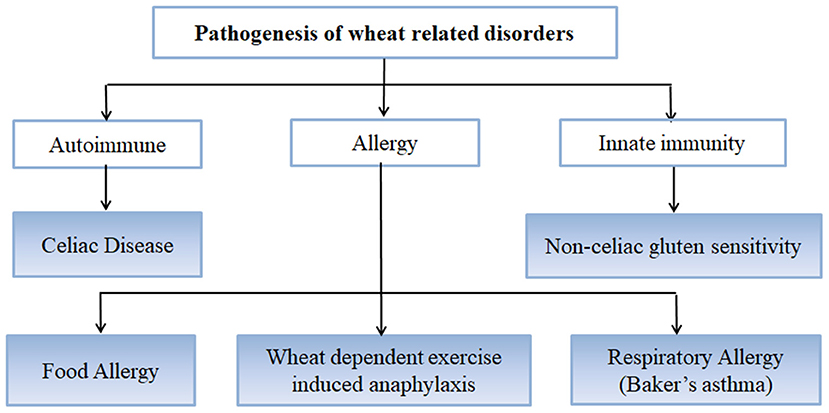






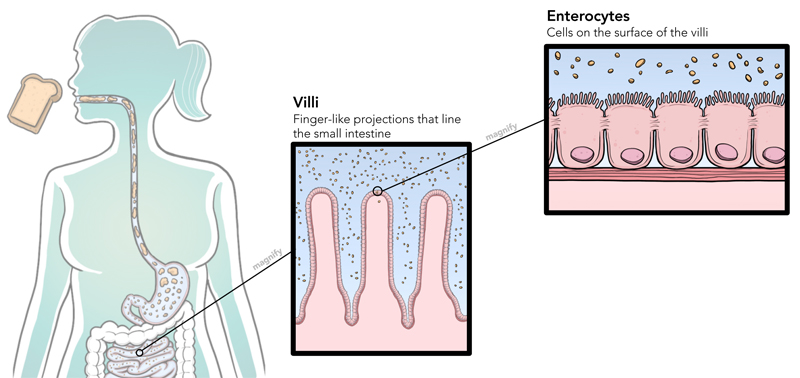

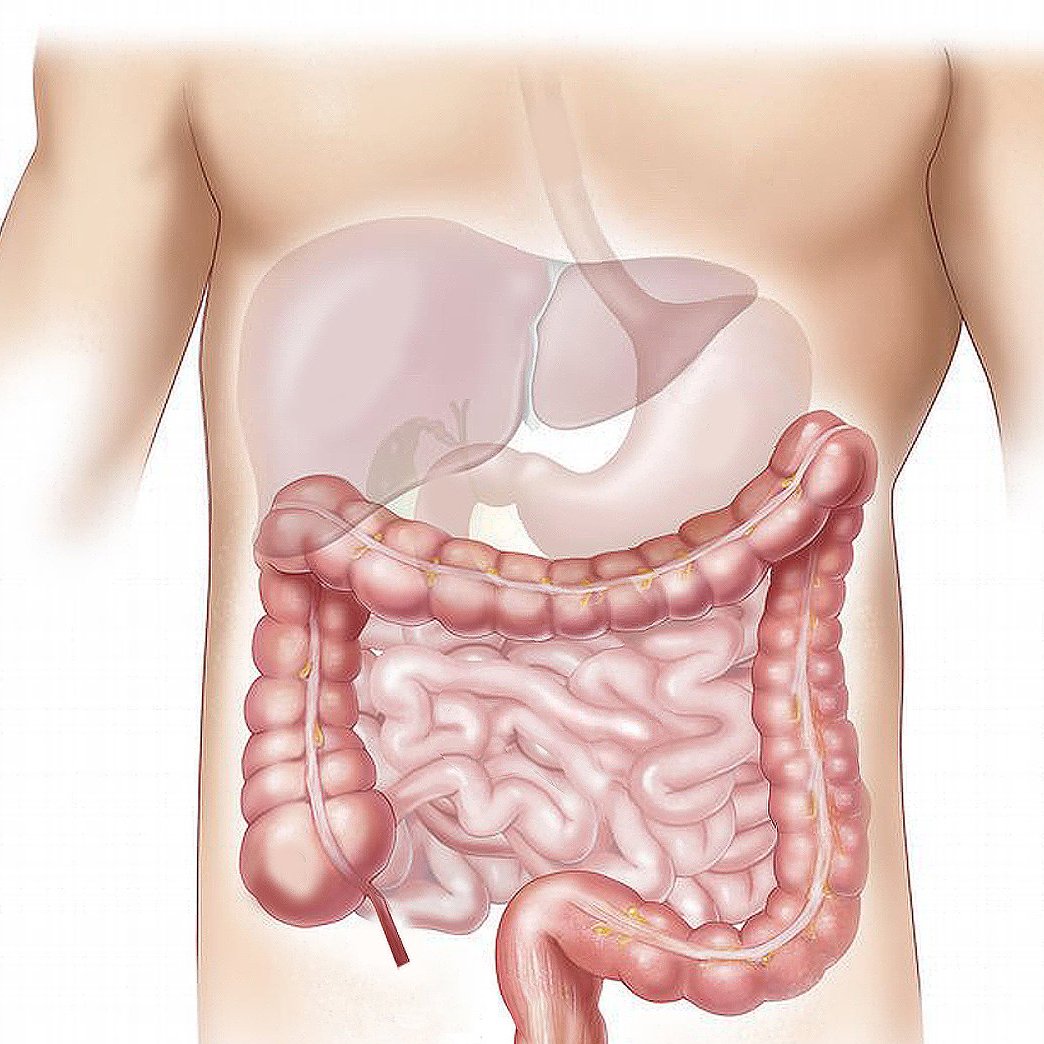



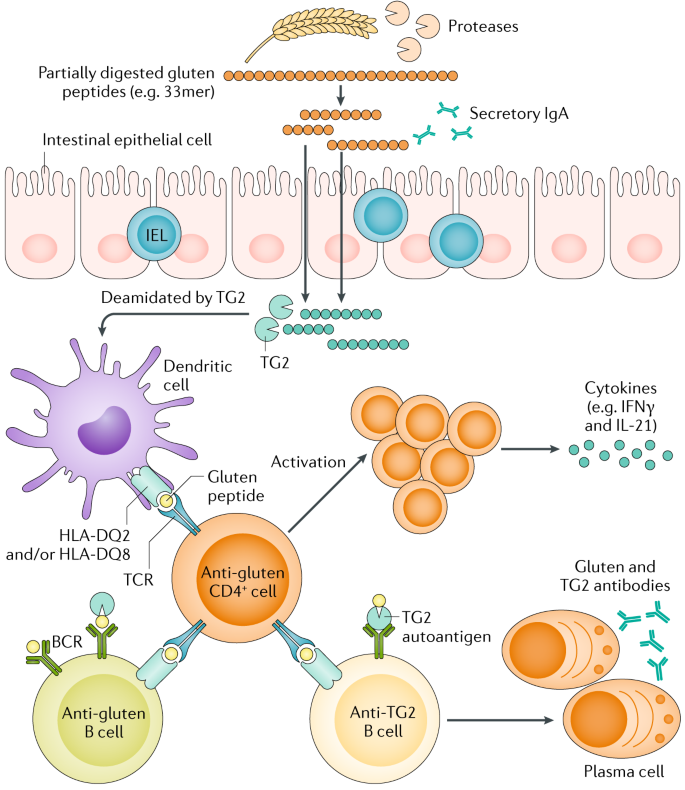






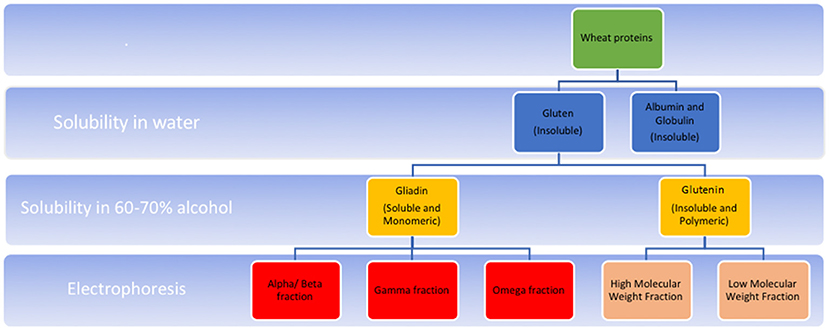





Post a Comment for "Digestive Enzymes Celiac Disease"